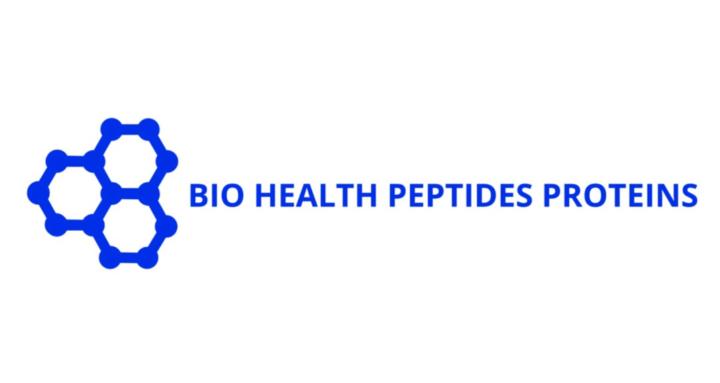13d (edited) • Bio Health
Hormones and weightloss
The Importance of Balanced Hormones in Weight Loss
When people talk about weight loss, they often focus on calories, exercise, or diet. But your hormonal balance plays a central role in how your body manages energy, stores fat, and builds lean tissue. For both men and women, hormones act like control switches that can either accelerate or stall progress.
Key Hormones and Biomarkers That Affect Weight
Testosterone (Men & Women)
- In men, testosterone naturally declines with age. By the mid-40s, levels can drop enough to affect energy, muscle preservation, and fat distribution. Low testosterone is linked with increased visceral fat and insulin resistance.
- Obesity itself can lower total testosterone by suppressing SHBG (sex hormone–binding globulin), making free testosterone more relevant for interpretation.
- In women, testosterone is present in smaller amounts but still influences lean muscle maintenance and energy.
Estradiol (Women)
- Estradiol drops significantly during perimenopause and menopause, which shifts fat distribution toward the abdomen and increases metabolic risk.
- Hot flashes, sleep disruption, and mood changes compound the challenges of weight control.
Thyroid Hormones (TSH, Free T4, Free T3)
- The thyroid regulates resting metabolic rate. Even mild hypothyroidism can slow metabolism, cause fatigue, and contribute to weight gain.
- With aging, FT3 often trends lower and TSH trends higher, meaning “normal” labs must be read in context, not in isolation.
Insulin and Glucose Control
- Elevated fasting insulin or an increased HOMA-IR score are early signs of insulin resistance, which pushes energy toward fat storage.
- HbA1c shows longer-term glucose control, but fasting insulin usually shows problems first.
Cortisol (Stress Hormone)
- Chronically elevated cortisol promotes fat deposition in the abdominal area and can disrupt sleep, appetite regulation, and recovery.
- Stress management and proper sleep are key in regulating this axis.
Growth & Repair Hormones (IGF-1, GH, Leptin, Ghrelin)
- IGF-1 and growth hormone gradually decline with age, affecting recovery and muscle building.
- Leptin signals satiety, but in obesity, leptin resistance makes the brain “ignore” these signals.
- Ghrelin rises after dieting, explaining post-diet hunger and rebound weight gain.
How Age Affects Hormonal Ranges
- Men: Testosterone begins declining ~1% per year after age 30. Free T remains the best marker in the context of obesity or low SHBG.
- Women: Estradiol falls sharply during menopause; FSH rises as ovarian reserve declines.
- Thyroid: FT3 falls modestly with age; TSH rises slightly, but “normal” may not always mean “optimal.”
- IGF-1: Peaks in youth, declines steadily in adulthood, reducing anabolic recovery.
Testing Your Hormonal Health
A comprehensive hormone panel may include:
- Fasting glucose, insulin, HbA1c → insulin resistance/diabetes risk
- Lipid panel → metabolic health context
- TSH, Free T4, Free T3 → thyroid status
- Total Testosterone, SHBG, Albumin, Free Testosterone → androgen health
- Estradiol, FSH, LH → ovarian function/menopause status in women
- Morning cortisol → stress axis context
- IGF-1 → anabolic environment
Causes of Hormonal Imbalances
- Age-related decline (natural reductions in sex hormones, thyroid, and growth factors)
- Lifestyle (chronic stress, poor sleep, poor diet, inactivity)
- Metabolic issues (obesity, insulin resistance, inflammation)
- Medical conditions (autoimmune thyroid disease, pituitary dysfunction, PCOS, hypogonadism)
How to Regulate Hormones and Support Weight Loss
- Lifestyle Foundations: Resistance training (2–4 sessions/week) Adequate protein (1.6–2.2 g/kg lean mass/day) Stress management (meditation, breathwork, reduced late-night work) Sleep hygiene (7–9 hours, screen off before bed)
- Medical Interventions (when clinically indicated): Levothyroxine for true hypothyroidism Testosterone therapy for men with confirmed hypogonadism Hormone replacement therapy (HRT) for women with menopausal symptoms, after risk/benefit discussion Metformin or GLP-1 therapies for insulin resistance when lifestyle alone isn’t enough
Takeaway
Weight loss is not simply calories in vs. calories out—it is hormone-assisted energy management. Testing the right biomarkers, understanding how age shifts your ranges, and correcting root causes ensures that diet and exercise actually “work.” Balance the hormones, and the weight often follows
9
0 comments

skool.com/bio-health-peptides-proteins-9123
Learn, connect, and access group-buy opportunities with real researchers. Join today.
Powered by





